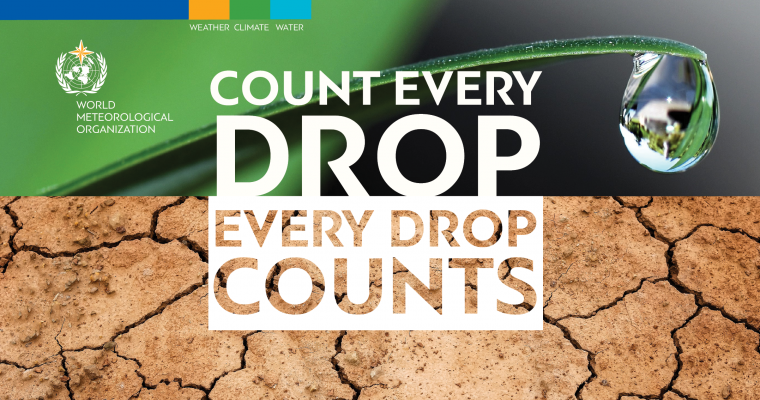
The date of the establishment of the World Meteorological Organisation (WMO) on 23rd March 1950, was named World Meteorological Day. The organisation announces a slogan for this day every year. This day is celebrated in all member countries (including Malta). The day is marked with conferences, symposia and exhibitions designed for meteorological professionals and the general public alike. This year’s theme is ‘Climate & Water’. One of the biggest impacts of climate change is on water. This, in turn, affects sustainable development and security. Despite this, it remains the least studied of all. Data on water resources is sketchy and incomplete.
Water is life. The average human being cannot survive for more than three days without water. It is shocking to know that, amidst the COVID-19 pandemic, an estimated 3 billion people worldwide lack basic hand washing facilities. Over 2 billion people live in countries experiencing high water stress, while around 4 billion people face severe water scarcity for at least one month every year. By 2050, the world’s demand for fresh water will be 20% / 30% higher than it is today. Furthermore, most rivers and freshwater bodies are trans-boundary. This means that the decision of one country’s authorities on water resource management often have implications for other countries. As a result, water is a potential source of both peace and conflict.
Climate change is impacting snow cover. The snow cover on mountains are the main source of fresh water. Glaciers have been melting for more than three decades, leading to an increase in short-term hazards like landslides and avalanches and a long-term decrease in water security for future generations. A much greater proportion of annual precipitation is now falling in extreme precipitation events, rather than spread more evenly throughout the year, increasing the risk of flash floods. In many parts of the world, seasonal rainfall patterns are becoming more erratic, affecting agriculture and food security and the livelihoods of millions of people. Hunger is on the rise again. 820 million people suffered from hunger in 2018. As a result of climate change, displacement, conflict and violence, the countries in the Horn of Africa are suffering from greater food insecurity. The unprecedented drought in spring 2019, followed by an unusually wet autumn 2019, contributed to the worst locust outbreak in decades.


0 comments
Write a comment